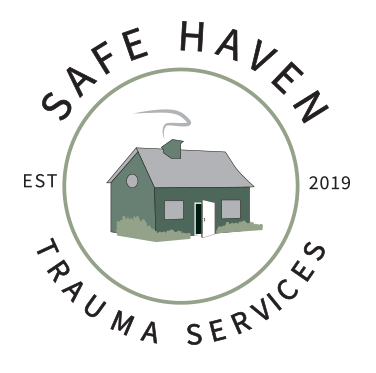The Paradox of Self-Acceptance
People often come to therapy hoping for change. Often, folks want to get rid of something, whether that be certain behaviors, feelings, thoughts, or memories. They are plagued by a sense that if only they could just stop thinking, feeling, or behaving in a certain way, they would be okay. Sound familiar?
Ironically, many people find that the more they try to get rid of those parts of themselves that hold painful feelings or self-destructive tendencies, the bigger those parts seem to get. They find themselves stuck in an internal battle with no obvious way out. When people are feeling stuck, trapped in old patterns and full of self-hatred, oftentimes the last thing they want to hear in therapy is the importance of self-acceptance. After all, if we accept ourselves as we are, we’ll never get better, right?
That’s the paradox of self-acceptance: when a person begins to accept every part of themselves—even the self-destructive parts—that’s when healing and change often occurs. When we shine the light of self-compassion on those parts that cause us the most pain, we often find that those parts stop fighting quite so hard. When we are able to be curious rather than judgmental, we often realize that the patterns that seem to be getting in our way served a useful purpose in the past. Perhaps they were the only way we could stay safe or get our needs met in a difficult situation.
If the idea of self-acceptance seems scary to you, that’s okay. It’s not an easy process, and it takes time. But the healing and inner peace that can come from self-acceptance is well worth it.

